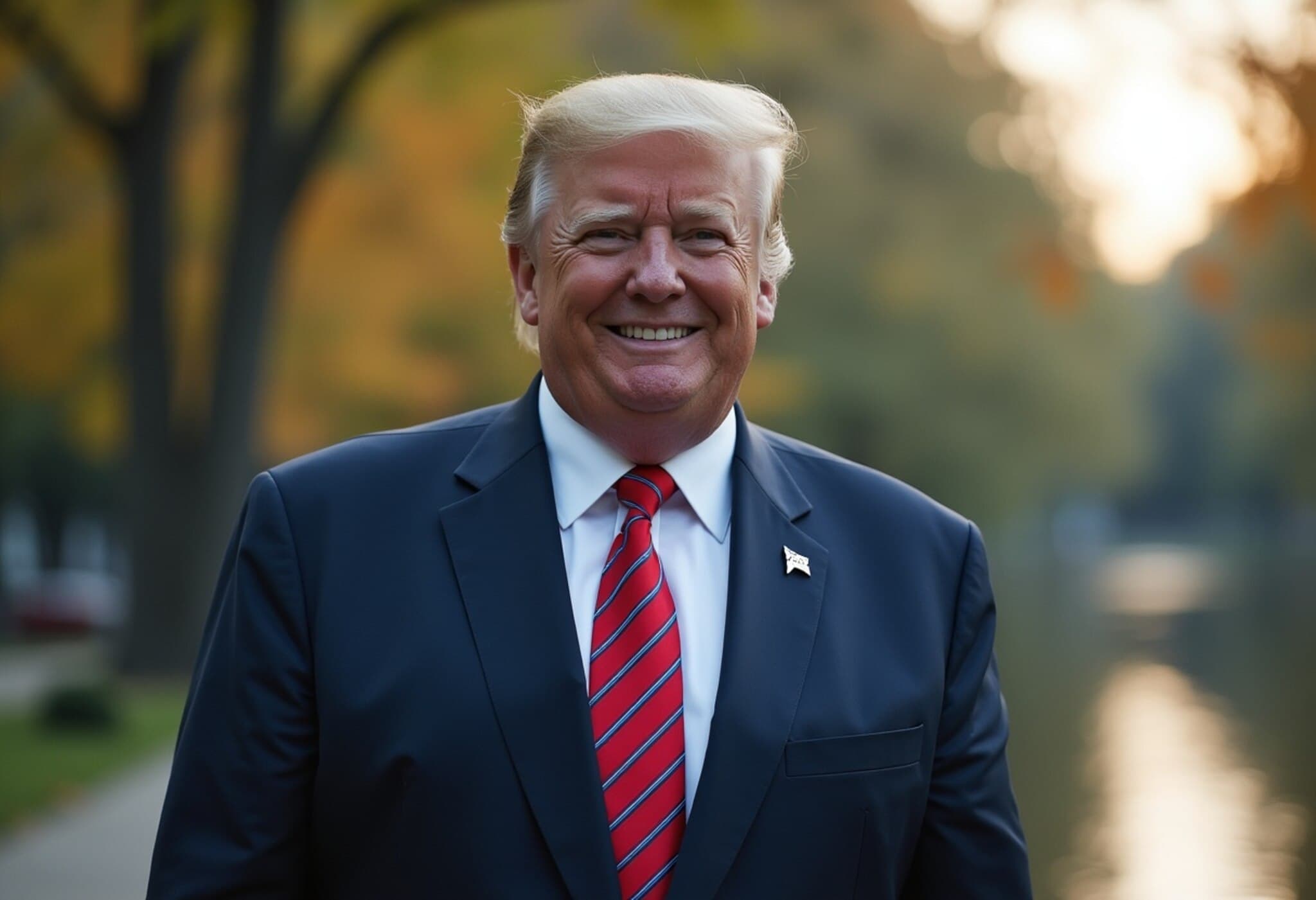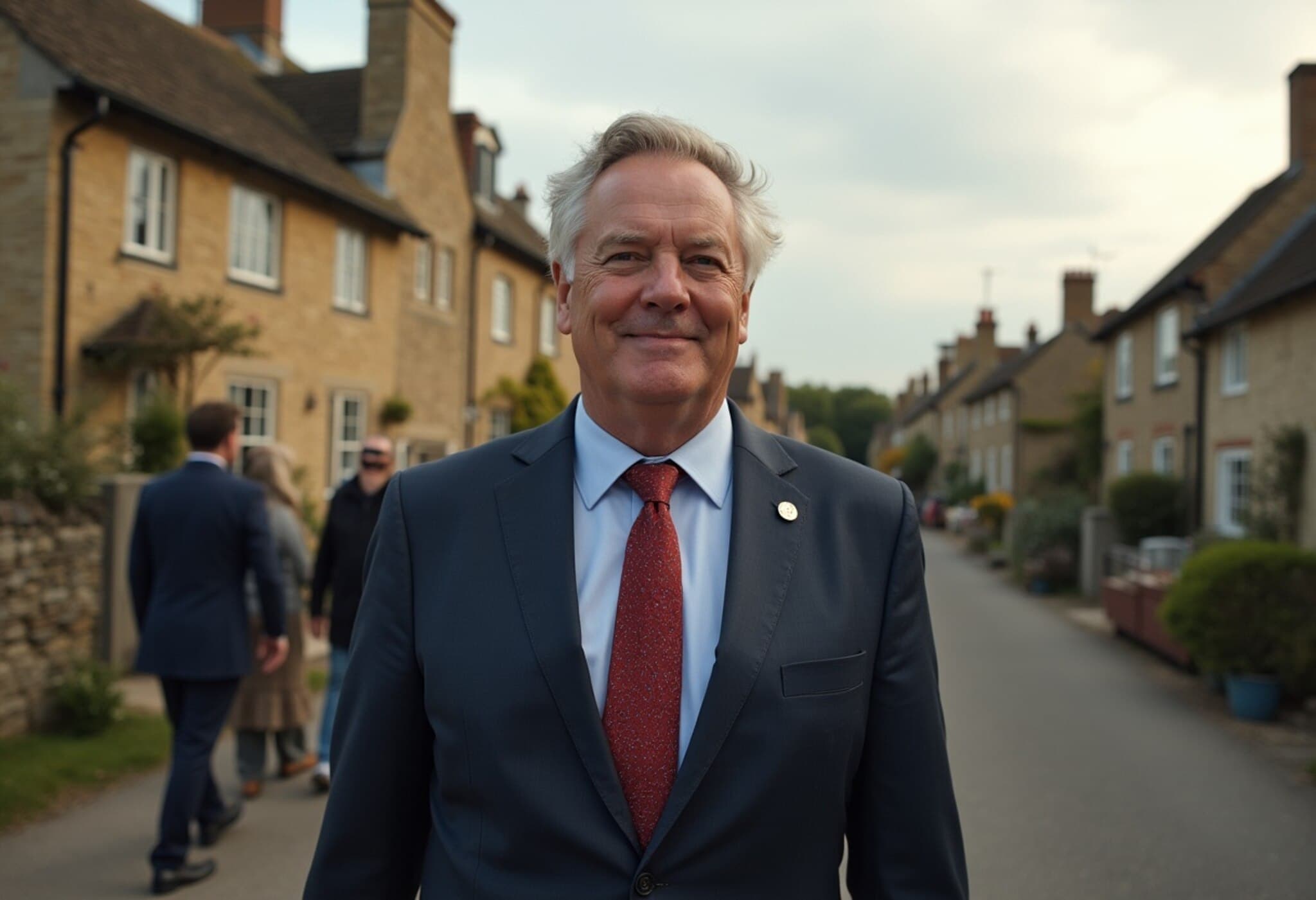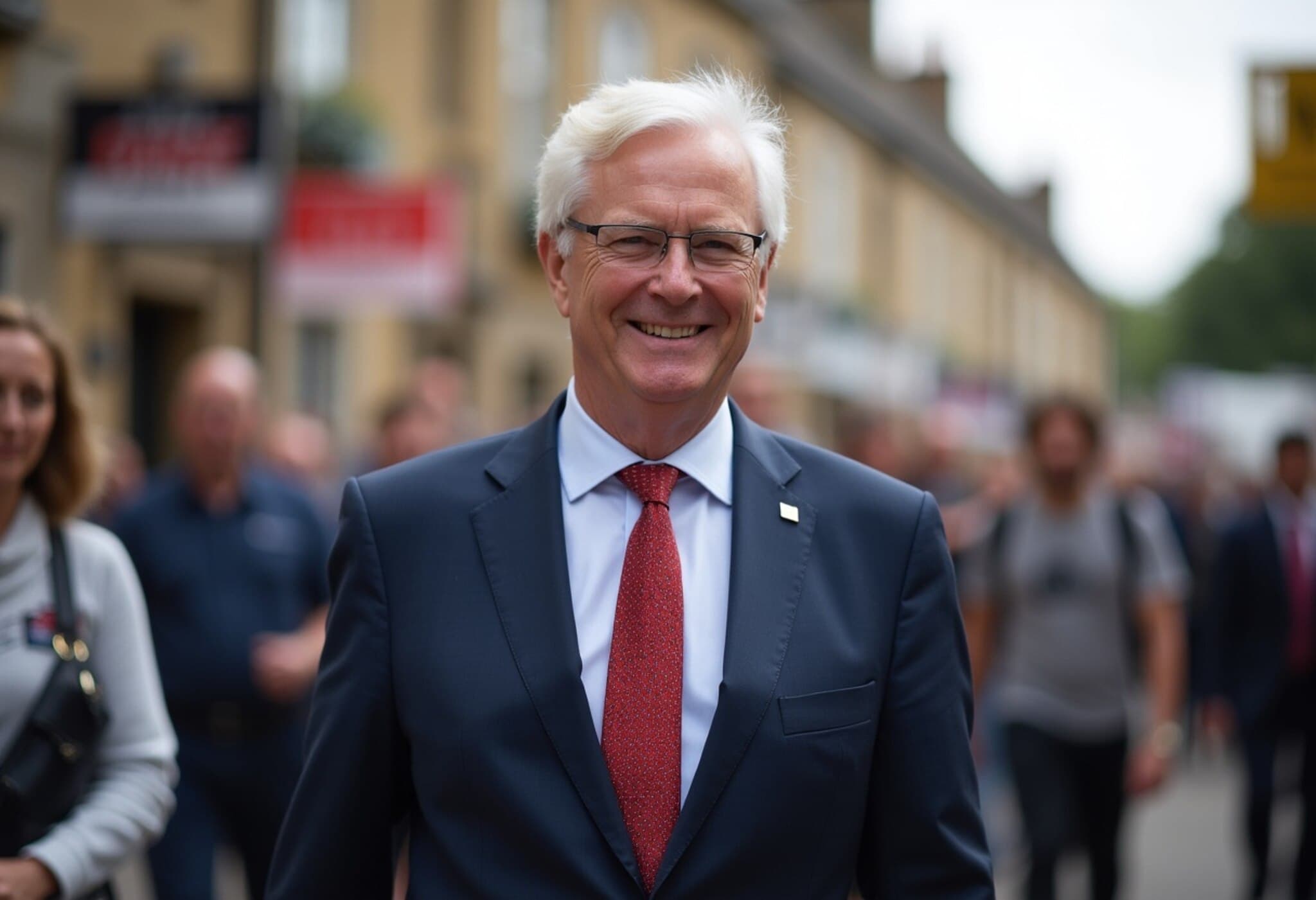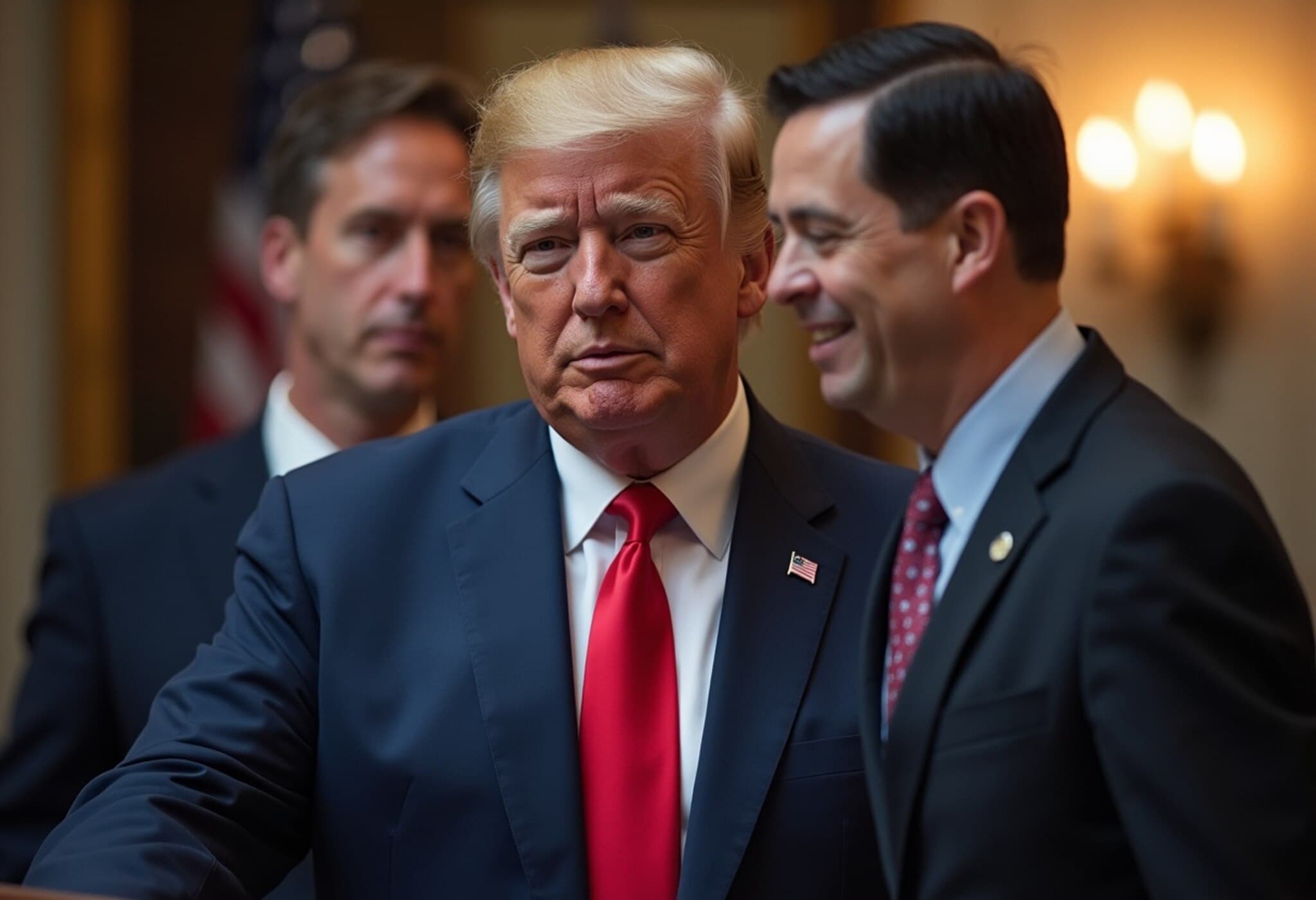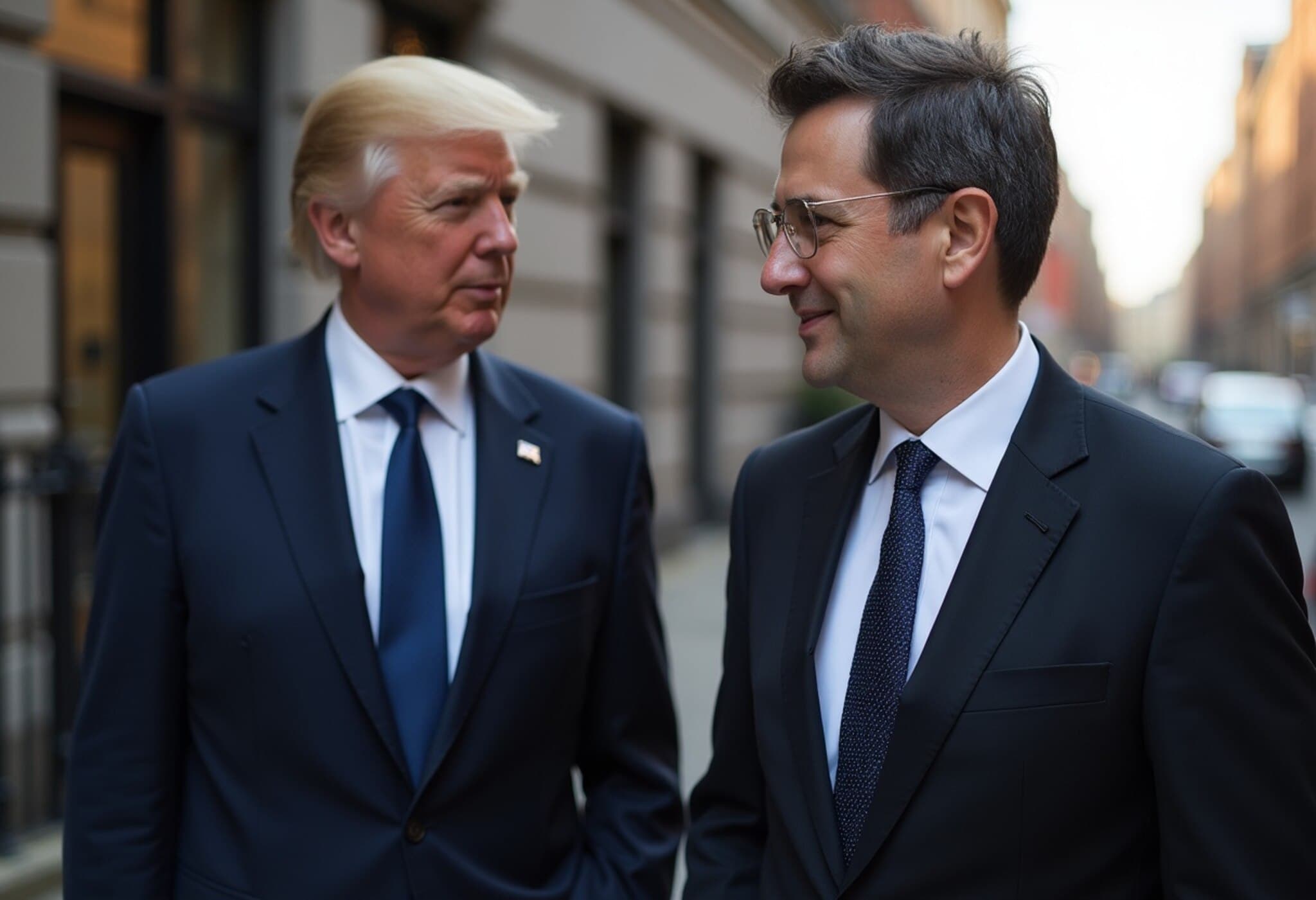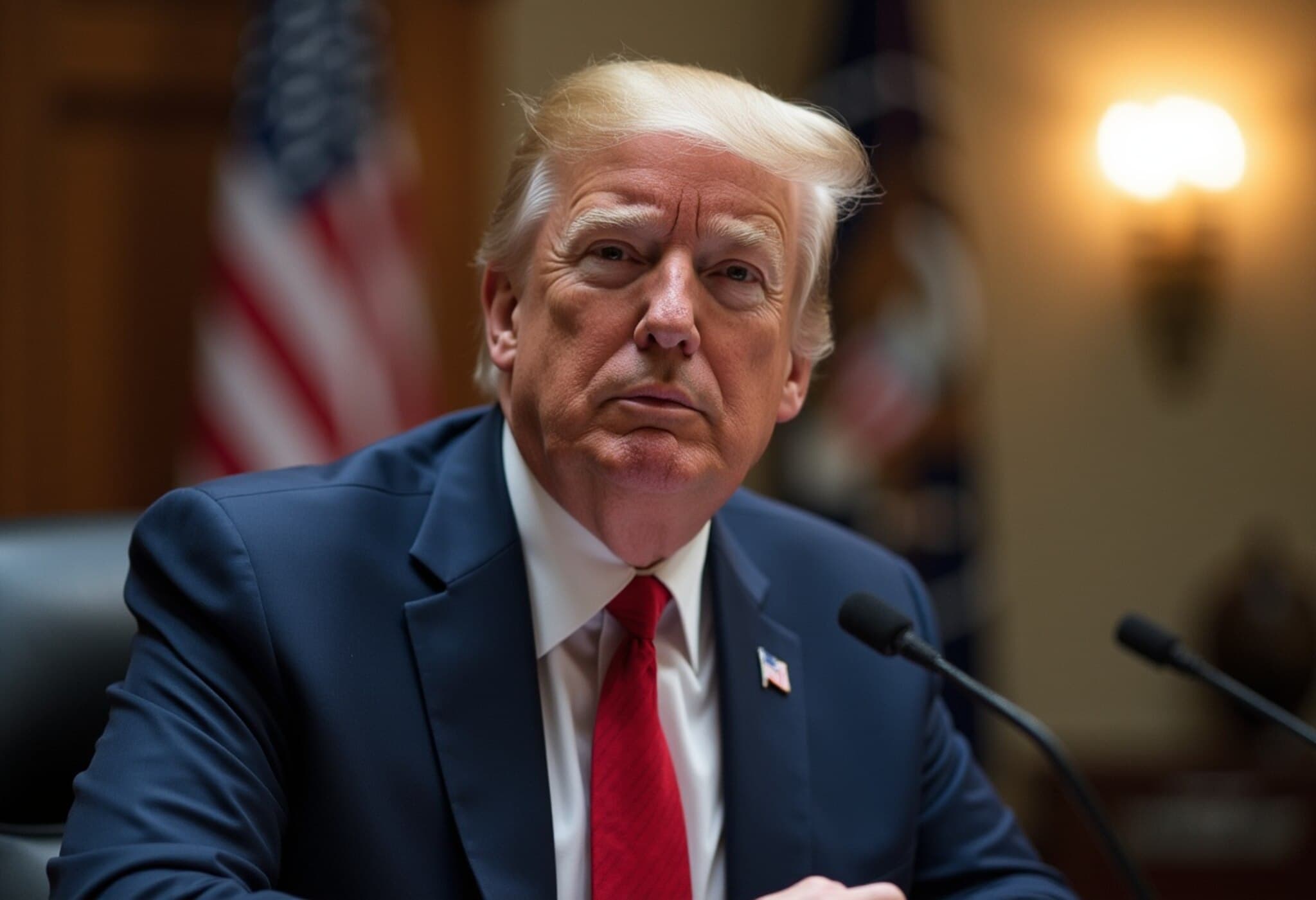Unusual Water Release Raises Eyebrows During US Vice President JD Vance’s Birthday Outing
In early August 2025, a subtle yet significant event on Ohio’s waterways has stirred a whirlwind of discussion around privilege, governance, and public resource management. During his 41st birthday celebration, US Vice President JD Vance was seen enjoying a family kayaking trip on the Little Miami River. However, beneath this serene image lies a controversial backdrop: a sudden alteration in river water levels orchestrated by a federal agency at the behest of the US Secret Service.
Behind the Scenes: How and Why the Water Levels Changed
According to public data released by the US Geological Survey (USGS), water flow in the Little Miami River sharply increased while levels in nearby Caesar Creek Lake simultaneously decreased on August 1, coinciding precisely with Vance’s canoe outing. The US Army Corps of Engineers (USACE), responsible for managing these water resources, confirmed that at the Secret Service’s request, they temporarily increased water outflow to accommodate the vice president’s security arrangements.
Gene Pawlik, a USACE spokesperson, emphasized in a statement that the adjustments adhered entirely to operational guidelines laid out in the Caesar Creek Water Control Manual, arguing that they did not require special exceptions or legal approvals. Furthermore, he reassured the public that downstream and upstream water levels were not adversely affected and that relevant stakeholders received prior notifications.
Official and Unofficial Perspectives
- The Secret Service stated it coordinated extensively with both USACE and Ohio’s Department of Natural Resources to guarantee safe navigation conditions for all watercraft and emergency personnel involved.
- An anonymous source revealed to The Guardian that beyond security, the water release aimed to create optimal kayaking environments for the vice president and his family—a move some interpret as an extravagant use of public resources.
- No public notices for this particular water release were issued, unlike previous scheduled water level changes, raising transparency concerns among environmental watchdogs and local communities.
Public Reaction: A Symbol of Privilege Amidst Budget Cuts
While no laws appear to have been broken, critics view the incident as a glaring example of unequally distributed privileges, especially against a backdrop of significant budget cuts impacting national parks and public services.
Richard Painter, a noted ethics lawyer and former White House official, publicly called the episode "pretty outrageous," emphasizing the disconnect between elite security measures and the growing hardships faced by everyday Americans. He remarked, "The cuts affecting middle-class families’ vacations are painfully real—whether these water adjustments are for the Secret Service or the vice president himself is almost irrelevant. He should simply choose a less complicated venue for his celebrations."
This sentiment echoes wider frustrations fueled by a 25% reduction in National Park Service staffing since January, leading to closures and restricted hours that have disrupted vacation plans nationwide. Many Americans now feel the pinch as public recreational access diminishes.
Expert Insights: Balancing Security, Public Resources, and Ethics
Security protocols for high-ranking officials certainly warrant careful planning; however, experts caution that transparent governance and ethical considerations must remain paramount. The challenge lies in ensuring that public resources are not repurposed to disproportionately benefit a select few at the expense of broader community access.
Policymakers and analysts suggest that this incident should spark a wider conversation on:
- The criteria and communication standards for modifying environmental or public resources for official needs.
- Steps to prevent perceived or real abuses of privilege in federal operations, especially during times of austerity.
- Greater investment in maintaining public amenities to serve all citizens equally.
Looking Ahead
As political figures navigate the complexities of public life and personal moments, incidents like these remind us of the delicate balance between state security, ethical governance, and equitable resource management. Ohio’s waterways are more than just scenic backdrops; they are public commons whose stewardship reflects societal values.
Editor’s Note
This episode uncovers tensions inherent in managing public resources while safeguarding national leaders. It challenges us to critically reflect on how transparency and equity must shape the use of shared environments, especially when discretionary adjustments coincide with personal celebrations. In a time marked by public sector cutbacks, can the federal government afford to blur lines between official necessity and exclusive privilege? Readers are encouraged to stay engaged in discourse around public resource allocation and ethical governance.

